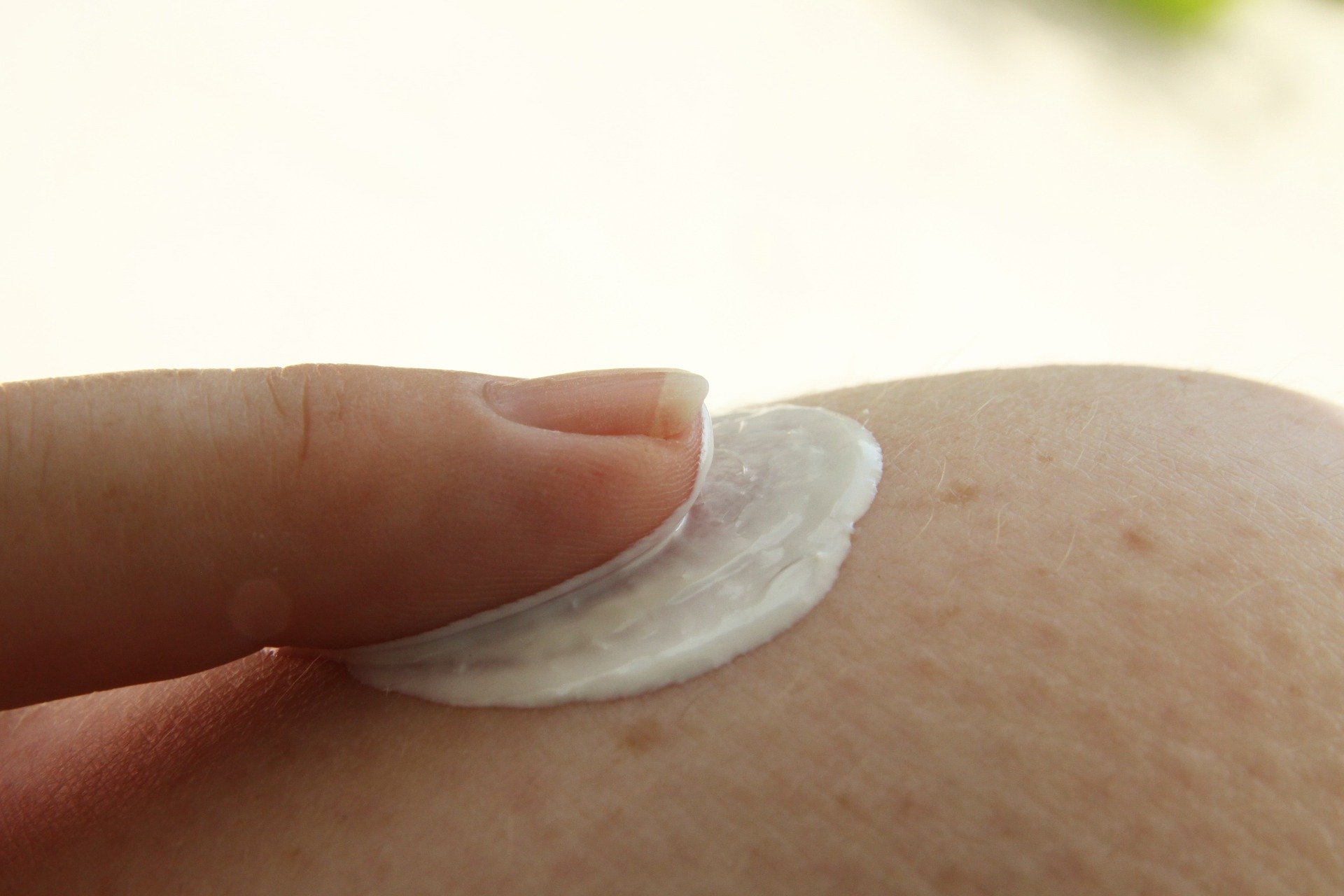Flurandrenolide and triamcinolone acetonide are active ingredients used in some topical steroid creams such as Cordran cream and Triderm cream to treat symptoms certain skin conditions. These symptoms include redness, itching, swelling, and other skin discomfort. These medications must be prescribed by a physician to treat your skin problems. Flurandrenolide or triamcinolone acetonide are very similar ingredients. They are both moderately potent which means that they are medium-strength and are beneficial for thick areas of the skin. Moderately potent steroids can be used longer than stronger steroids. Your doctor may suggest one over the other depending on your medical condition and history. We compared both ingredients to educate you on the products you could be using.
Characteristics of Flurandrenolide
Flurandrenolide is found in some topical steroids such as Cordran cream. The ingredient is used to treat the inflammation and itching caused by a number of skin conditions such as allergic reactions, atopic dermatitis (eczema), and psoriasis. It can also treat dry and scaling skin lesions. Flurandrenolide creams can be used 2 or 3 times daily as directed by your physician.
Flurandrenolide is also found in some topical tapes. In a study comparing flurandrenolide tape to ointment, researchers found that the tape was more effective in soothing scaling and inflammation than the ointment. For this reason, researchers recommended the tape over the ointment to treat psoriasis. When treating allergic conditions, flurandrenolide may be helpful.
While many people using this medication do not have serious side effects when using products with flurandrenolide, there are some that may cause discomfort at first use. These side effects include:
• stinging
• burning
• itching
• irritation
• dryness
• redness
If you experience these side effects after taking flurandrenolide, consult with your physician. It’s also important to disclose all medical conditions with your doctor. Flurandrenolide should not be used on infected skin.
Characteristics of Triamcinolone acetonide
Triamcinolone acetonide is an ingredient used in some topical steroids such as Triderm cream. It is frequently used to reduce swelling due to certain skin conditions such as contact dermatitis and eczema. It is also helpful in treating psoriasis.
Triamcinolone acetonide is a bit stronger than flurandrenolide. This makes it more effective in treating more severe conditions such as oral lichen planus, a chronic inflammatory mucocutaneous disease. In a randomized trial of triamcinolone acetonide paste in the treatment of oral lichen planus, it was concluded that triamcinolone acetonide is best for treating inflammation with minimal side effects.
Triamcinolone acetonide products are widely prescribed, but they still have some side effects comparable to triamcinolone acetonide including:
• burning
• itching
• irritation
• dryness
In rare cases, this ingredient can be absorbed from the skin into the bloodstream. This can lead to side effects of too much corticosteroid such as fatigue, weight loss, and severe dizziness. Triamcinolone acetonide can also worsen skin infections. It’s important to seek immediate medical attention if you experience these symptoms and only use the product for the recommended amount of time.
Which Active Ingredient Is Right For Me?
While many studies suggest that flurandrenolide and triamcinolone acetonide are both effective in treating certain skin conditions, it is ultimately left up to your physician to determine which product is best for you. There are advantages and disadvantages of the ingredients, so you should discuss all your options with your doctor. The NYC allergists at NY Allergy & Sinus Centers will talk you through your treatment plan and explain any side effects you may experience. Call (212) 686-4448 to schedule an appointment at one of our six locations.
Meet The Physician Collaborator
Dr. Tehila Saadia is a physician specializing in both Pediatric and Adult Allergy & Immunology. She treats a wide variety of allergic and immunologic disorders, with a special interest in food allergies, contact dermatitis and urticaria (hives). She is Board Certified by the American Board of Pediatrics. You can schedule an appointment with Dr. Saadia by calling or visiting one of our six locations.

